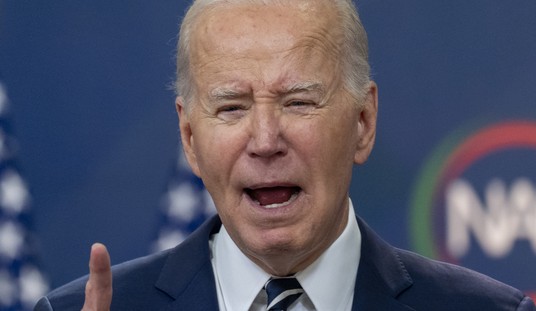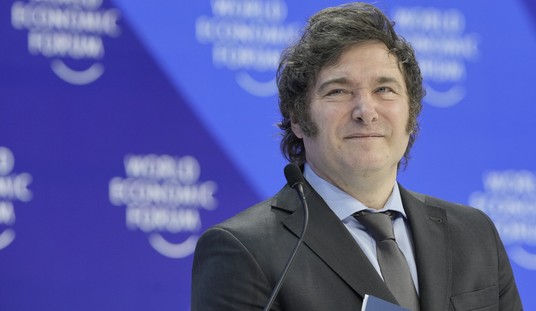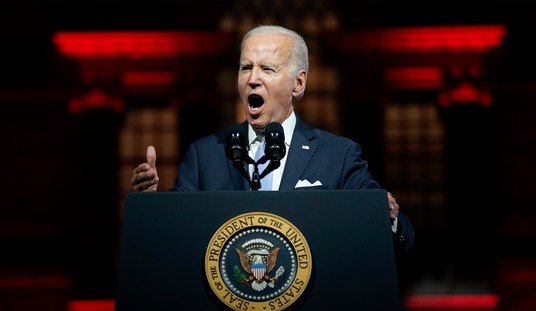From Asia Times
There is one leader in the world who has taken courageous steps across religious boundaries to help Middle Eastern Christians in their hour of need, breaking precedent and in many cases offending adherents of his own religion.
Of course, I am not talking about Pope Francis, but about Egyptian President Fatah al-Sisi, a devout Muslim who appeared last Christmas at the cathedral of his country’s Coptic Christians, the first Egyptian leader to do so. The Copts are a persecuted minority who comprise about a tenth of the Egyptian population. The Coptic language derives from ancient Egyptian, and the Copts are the remnant of old Egypt, conquered by Alexander the Great and Christianized by Constantine, before the Arab invasion of the 7th century C.E. Standing next to the Coptic Pope Tawadros II, al-Sisi declared, “We cannot say anything but: we, the Egyptians.”
President al-Sisi is locked in a life-and-death battle against the terrorists of the Muslim Brotherhood, allied to elements of al-Qaeda. During the Muslim Brotherhood’s less than year-long reign as Egypt’s government during 2012-2013, forty Coptic churches were burned to the ground, 23 were damaged, and hundreds of Coptic Christians murdered. For the moment the Copts are secure, but we are witness to “the twilight of Middle Eastern Christianity” in the Levant, as Hisham Melham wrote 28 February in al-Arabiya.
While the government of Egypt stands siege against the Muslim Brotherhood in Egypt, the Palestine branch of the Muslim Brotherhood, namely Hamas, got a boost from the Vatican May 13 when the Vatican announced that it would recognize a Palestinian State. Although the titular president of the Palestine Authority Mahmoud Abbas sat in the Vatican garden with Pope Francis for the announcement, Hamas has a margin of support over Abbas’ feckless Fatah party of 2:1 by most estimates. Abbas is in the eleventh year of a five-year term, and cannot call elections because Hamas would win. He holds office because the Israeli Army props him up in power against the radical majority.
In the Levantine war of all against all, Hamas and the Muslim Brotherhood are not quite the same entity as ISIS, which beheads Christians en masses, rapes and enslaves Christian girls, and razes Christian churches in Iraq and Syria. Last month ISIS fighters besieged a Hamas-controlled Palestine refugee settlement at Yarmouk in Syria, killing a hundred Palestines including two Hamas leaders. But dozens of terror cells in the Gaza Strip, notionally controlled by Hamas, now are loyal to ISIS.
Judging from the opinion polls, a State of Palestine today would have a Hamas majority of about two-thirds, with substantial representation from elements of ISIS. Why would the Vatican wish this plague upon itself? If a Palestnian State rules the Old City of Jerusalem, the Christian holy sites will be razed by Muslim radicals, just as they were in Iraq. Christianity survives in Judea and Samaria because Jews are willing to die for Jerusalem. How many Christians are willing to die for Jerusalem? The Vatican should ponder this question.
There are two answers. The first is that for the most part, Arab Christians are Arabs first and Christians second, just as French and German Christians in 1914 were French and Germans first, and Christians second. The leadership of the Arab churches in confession with Rome has always tried to prove its loyalty tot he Arab cause by taking an especially vociferous stand against Israel, for example, during the 2010 Synod of Middle East Bishops. I reviewed the sad history of Levantine Christianity in a 2009 essay for Asia Times. It is impossible to exaggerate the anguish of a Church on the verge of extinction in his historic cradle.
The second answer lies in the peculiar theology of Pope Francis himself, who has a pronounced millennarian streak, as I wrote in this space last year. For reasons we may never learn, his predecessor Benedict XVI abdicated his office in good health and fullness of intellectual powers. Benedict wanted a smaller but more devout Church; Francis wants a big tent that includes everyone, including people whose nominal acceptance of Catholic doctrine is tenuous or heretical. God in this case is in a position like that of the bondholders of Argentina, who have been neither paid nor repudiated, but wait indefinitely for the Holy Spirit to motivate some future Argentine government to make them whole. Francis is a pope for people who want the warm feeling of Catholicism without its obligations, and that is what makes him so popular.
It is one thing to forgive one’s enemies, and quite another to encourage them. That is what Pope Francis has done by recognizing the fiction of a Palestinian State. When the pope visited the Holy Land last year I warned, “ear that the Church, the founding institution of the West, its pillar and mainstay, has lost its moorings. The State of Israel will do quite well without it; it was founded in 1947 against the opposition of the Church then immeasurably more influential, and does not require the blessing of the Church to flourish today. But Bergoglio’s behavior in the Holy Land bespeaks a dilution of the Church’s self-understanding and a deviation from its mission.”
Benedict XVI emphasized God’s particular love for Israel; Francis hopes that all will be saved. Except for the good offices of the Egyptian Army and the Israel Defense Force, his hope will be vain where Middle Eastern Christians are concerned.









Join the conversation as a VIP Member